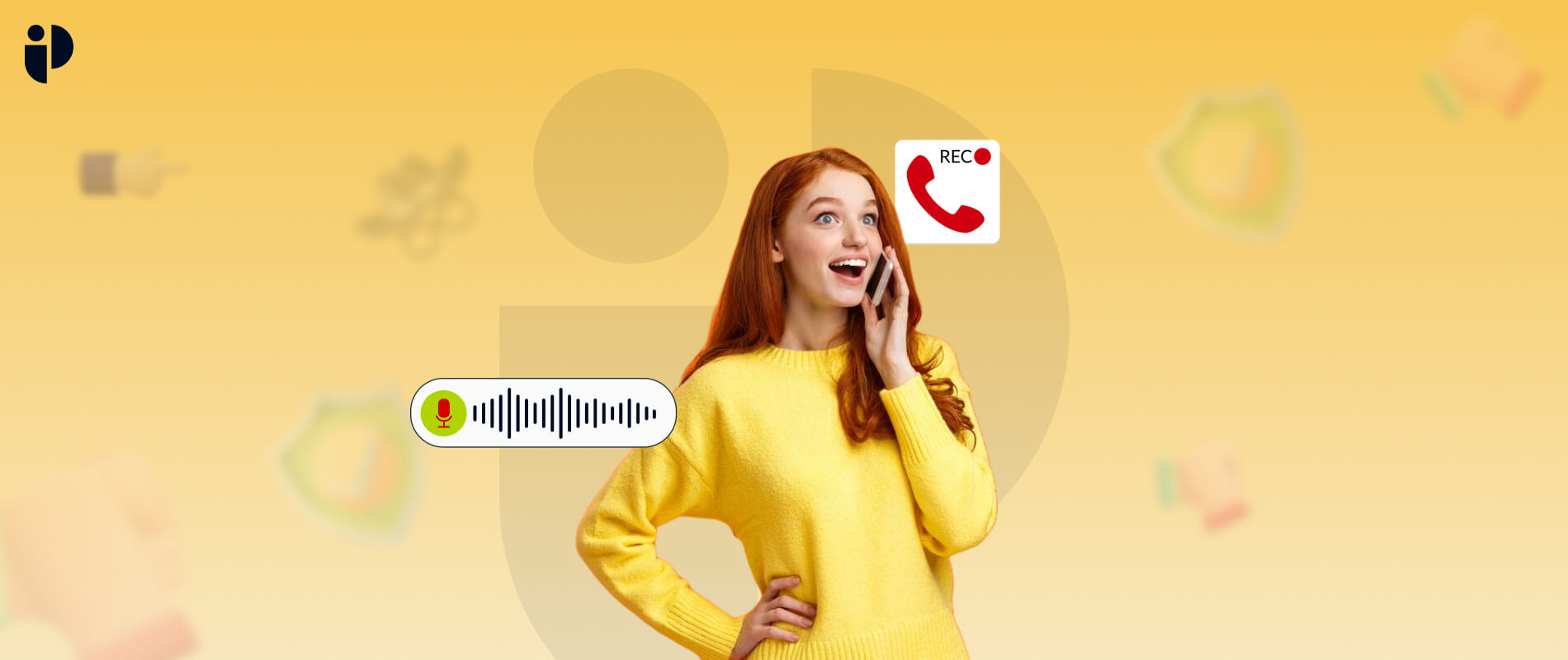Do you know that every person in two-thirds of American households plays online games?
If your child plays too many video games, you should be alert. Spending hours on online games is a sign of gaming addiction, and parents must know everything about it. Your child’s possessive behavior towards online gaming depicts severe signs of game addiction. The reward system and competition scenario in online games keep players engaged for a longer time, and without knowing, they become addicted to video games.
Above all that, gaming addiction is considered a disorder by medical professionals.
This article covers all the details about internet gaming disorder, including the signs and symptoms, mental effects, and preventive measures.
Read along to find out if your child is an online game addict or has similar signs and symptoms.
Internet Gaming Disorder – Is It a Real Disease?
Online gaming indeed gives children an escape from real life. Apart from being an entertainment option, internet games develop addiction among kids and adults.
Over 160 million American people play Internet games. According to the American Psychiatric Association’s Diagnostic and Statistical Manual of Mental Disorders (DSM-5-TR), being addicted to online games is a mental disorder known as internet gaming disorder. Moreover, WHO declared IGD an actual disease.
Let’s find out what exactly IGD is and how it impacts the mental health of your children.
Internet Gaming Disorder – What Is It?
Internet gaming disorder is characterized by the condition in which a person has no control over their gaming habits. A person with IGD is inclined to keep playing online games and can not control himself to limit playing digital games.
People with IGD play games online or on gaming consoles. Too much of this habit negatively affects social interactions, academic grades, and personal care routines.
Internet gaming disorder revolves around patterns of gaming behavior restraining the person from quitting playing games. According to Neurological research, a substance addict and an IGD person’s brain changes to a similar extent; we can say that game addiction is as dangerous as substance addiction.
How Dangerous is Internet Gaming Disorder?
We all know the consequences of drug abuse are drastic. But, when it comes to game addiction, people take it easy. As mentioned above, game addiction has similar adverse effects as drug addiction. You can expect the same withdrawal effects from a game addict when you ask them to quit a game.
Neurological research and evidence show that internet gaming disorder activates brain regions associated with the reward system to release dopamine upon achievements made within the game. Dopamine is a happy hormone that creates a sense of happiness. Simply put, when we are so glad, it’s because of dopamine rush.
Moreover, IGD reduces the activity in impulse control areas of the brain, which affects decision-making and cognitive control abilities.
As per studies, 89% of the game addicts have depression. Excessive playing of video games adversely affects mental health.
IGD causes the following health conditions;
- Social Anxiety
- Depression
- Interpersonal Issues
- Self Harm
- Poor Emotional Regulation
Playing video games over 3 hours a day or at least 15 to 20 hours a week indicates vital signs of game addiction. And to prevent such a condition among children, parents must know the symptoms of IGD.
What are the Symptoms of Internet Gaming Disorder?
Over 10% of the United States population has internet gaming disorder. So, if your child plays video games all day, it’s essential to look for the following signs and symptoms of internet gaming disorder.
- Sadness, anxiety, agitation when mobile phones are taken away or there is no internet connection.
- Enjoying alone time playing games
- Poor academic performance
- Very little interest in house chores or personal care
- Giving up family time or socialization to play games
If you notice the signs above mentioned in your child’s behavior, consider it a red flag. It would be best if you took immediate and appropriate actions to save your child from such an addiction.
How to Prevent Internet Gaming Disorder?
The medical treatment for internet gaming disorder is psychotherapy. However, not all cases need psychotherapy. If your child is at an earlier stage of IGD, you can control the whole situation using a parental control app.
According to a study by Oxford University, controlled digital environments can prevent and improve IGD symptoms.
You read it right.
By controlling and limiting your child’s phone and gadget usage, you can save them from developing game addiction and internet dependence. Such moderation in digital exposure would help kids concentrate on real-life tasks while managing their gaming routines.
Installing a parental control app on your child’s phone is the best preventive measure. This way, parents can monitor their kids’ online activities and ensure they are not spending hours on video games.
We’d like to suggest PegSpy, a parental control app designed to fight cyber dangers like internet game addiction.
Why PegSpy? It’s because the PegSpy app offers a bunch of parental monitoring features using which parents can track and control the phone usage of their children.
PegSpy is a non-intrusive application, which means that parents can monitor and restrict everything (screen time, content access, social media) without letting their children know. Amazing, isn’t it?
Conclusion
We all know about substance dependence, and clearly, it is considered a foul activity that no one should stumble upon, especially kids. But, when it comes to digital dependence, the reaction of parents is quite strange, as if mobile addiction is nothing.
This whole article was written to prove a point that video game addiction is a real thing, characterized by WHO as IGD. It is our advice to parents to intervene in their child’s gaming routine just to make sure they are not developing game addiction.
So, if your child shows symptoms of internet gaming disorder, as mentioned above, you should take immediate action!





